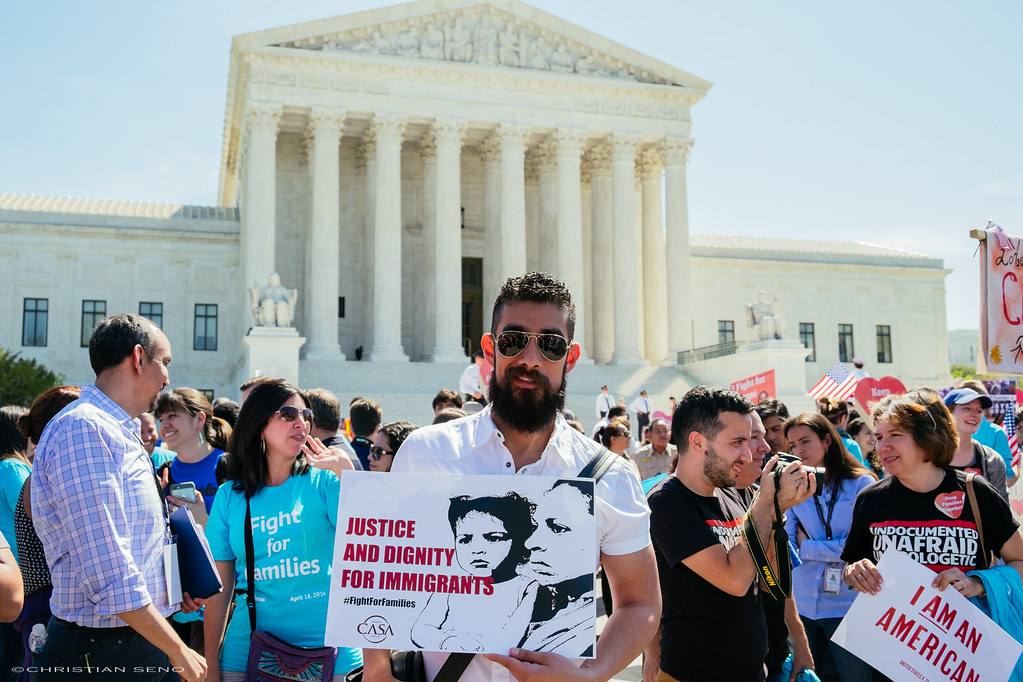The United States Supreme Court has announced that it will decide the fate of DACA, Deferred Action for Childhood Arrivals, during its next term, beginning in October, with a decision likely to be handed down by the Court in early 2020.
The Court’s decision to take up the issue of DACA will take place during a highly contentious political climate as Americans prepare to vote in the 2020 Presidential election.
Adding to the great divide among Americans about the future of DACA, is the Supreme Court’s current ideological split. At the moment, the Supreme Court is evenly split with 4 liberal justices and 4 conservative justices. Justice Alito, the “swing” voter is likely to cast the decisive vote.
As constitutional history has suggested, DACA is likely to find support among the liberal justices on the bench including Ginsburg, Sotomayor, Kagan, and Breyer, while finding opposition from Justices Thomas, Alito, Gorsuch, Kavanaugh, and Chief Justice Roberts.
This will not be the first time the Supreme Court hears a case involving the constitutionality of the DACA program.
In June 2016, the Supreme Court deadlocked in a 4-4 split when considering whether President Obama’s expansion of the the Deferred Action for Childhood Arrivals (DACA) program, to include Parents of Americans and Lawful Permanent Residents, (DAPA) was unconstitutional.
The sudden death of Justice Scalia meant that the Court could not come to a decision regarding the legality of the expanded DACA and DAPA program.
The Supreme Court’s decision on the issue will be significant, given Congress’ inability to pass a bipartisan solution.

